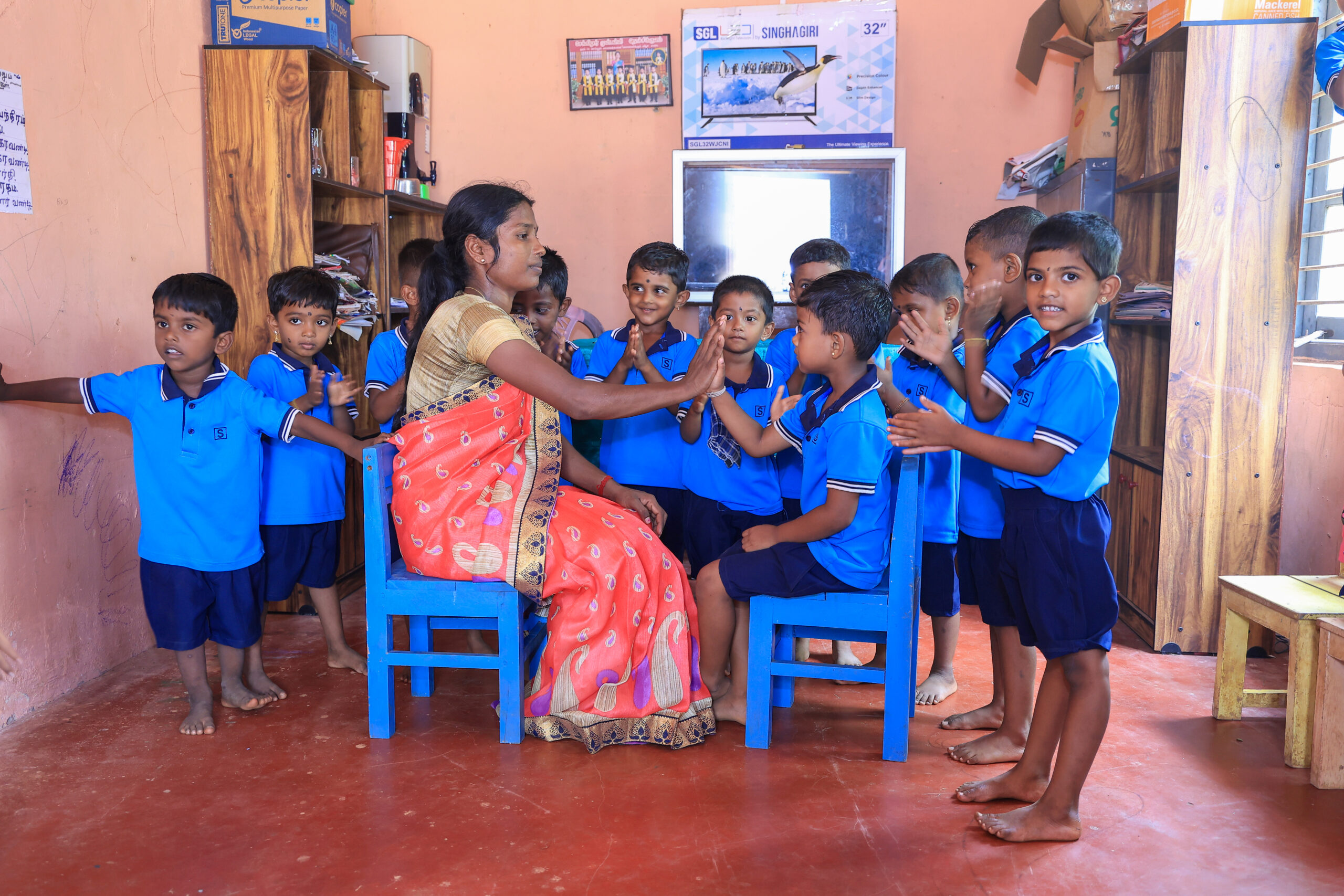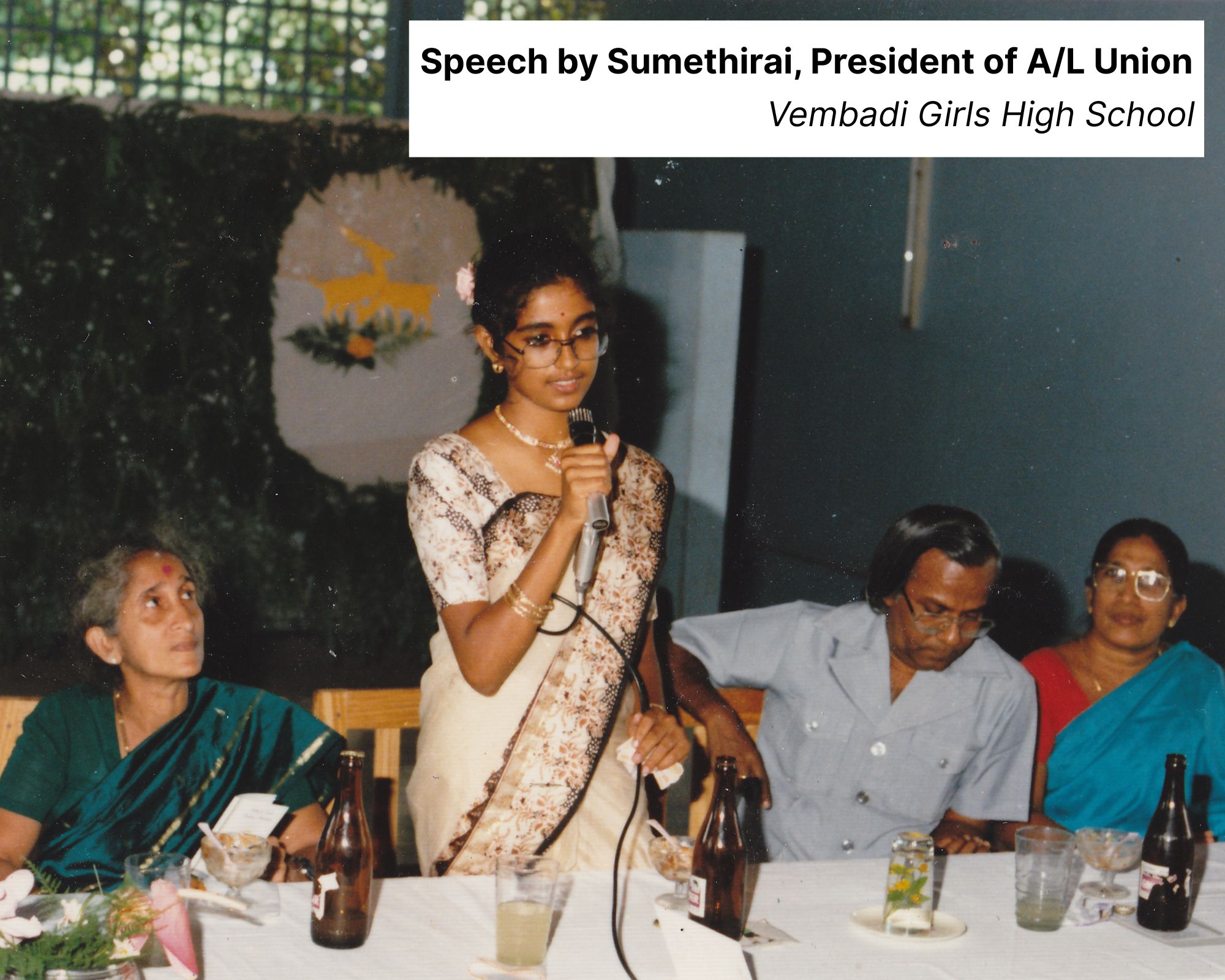Educational inequality is a pressing issue that affects countless children across the globe. Many kids, especially those from underprivileged backgrounds, lack access to the resources and opportunities that are readily available to their more affluent counterparts. Addressing this disparity requires collective efforts from various sectors. Tamil charities have emerged as key players in this mission, striving to bridge the educational gap and create a more equitable learning environment for children.
The impact of Tamil charities extends far beyond providing basic education. They aim to equip young minds with the tools and skills needed to thrive in today’s world. By focusing on practical solutions, these organizations are paving the way for a brighter future for countless children who might otherwise be left behind due to circumstances beyond their control.
Providing Access to Quality Education:
One fundamental way Tamil charities in Sri Lanka work towards reducing educational inequality is by improving access to quality education. This effort includes constructing and equipping schools in underserved areas, ensuring all children have a place to learn.
For instance, the Tamil Orphans Trust believes that empowering children with education, training, and skills lays the foundation for a life filled with opportunity. Their mission focuses on advancing education and providing the necessary resources for children to fulfill their potential.
Additionally, organizations like NERDO (North-East Rehabilitation and Development Organization) have been instrumental in upgrading educational facilities for children, especially those affected by displacement due to conflict.
Equally important is the presence of qualified teachers who can inspire and guide students. Tamil charities often invest in the professional development of teachers, enabling them to deliver effective and engaging lessons. By supporting educators through training and resources, these organizations help create a robust learning environment where both teachers and students feel empowered.
In addition to these efforts, Tamil charities strive to maintain a standard of education consistent with broader educational benchmarks. They recognize that a strong foundation in early childhood education can have a lasting impact, setting students up for success in higher grades and beyond. This holistic approach fosters a cycle of positive outcomes, where educated children grow into informed adults who can contribute meaningfully to society.
Supplying Essential Resources
To ensure students can focus on learning, supplying the necessary resources is crucial. Tamil charities often provide items like uniforms, school supplies, and nutritious meals to students in need. By removing barriers such as the lack of basic materials and food, these organizations enable children to concentrate on their studies and participate fully in school activities.
The Serendip Children’s Home operates the Full Plates, Bright Futures program, which provides nutritious breakfasts to preschoolers from impoverished homes in Sri Lanka. This initiative addresses child hunger while boosting school attendance and attention in class.
Similarly, the Api Foundation delivers essential school packs—including stationery, backpacks, and shoes—to children in rural and post-conflict areas of the Northern and Eastern provinces. These supplies are often the difference between a child attending school or staying home.
Access to educational materials can significantly enhance learning experiences. For example:
- Uniforms help create a sense of community and equality among students.
- Adequate school supplies, like notebooks and pencils, ensure students can participate in lessons without interruptions.
- Nutritious meals promote better concentration and overall health, which in turn supports learning.
These resources create a more inclusive environment where children can thrive, free from the burdens that often accompany poverty.
Supporting Community Involvement
Community involvement plays a pivotal role in the success of educational programs. Tamil charities often work hand in hand with local communities to foster engagement and sustain their initiatives. By encouraging participation, these organizations ensure that educational programs are grounded in the community’s specific needs and values.
Helplanka, a UK-based charity working in Sri Lanka, emphasizes sustainable education through community partnerships. They involve parents, volunteers, and village leaders in school initiatives, facility improvements, and extracurricular support.
Local volunteers and community members can contribute by:
- Participating in school activities and events.
- Supporting maintenance and improvement of school facilities.
- Assisting with transportation for students who live far from school.
Such involvement strengthens the bond between families and schools and ensures that programs are maintained long-term. When the community becomes a stakeholder in a child’s education, outcomes are more successful and sustainable.
Utilizing Technology for Learning
Incorporating technology into education is another effective way to reach remote or underserved students. Tamil charities are increasingly introducing digital tools and online resources as part of the curriculum. By doing so, they offer children access to a wealth of information and learning opportunities that might not be available locally.
The Noolaham Foundation operates a Tamil digital library that preserves and disseminates knowledge relevant to Sri Lankan Tamil communities. Through their educational archives, children, teachers, and researchers in rural areas can access study materials, cultural resources, and rare publications.
Benefits of using technology in education include:
- Access to a vast library of online resources and educational content.
- Interactive learning experiences through videos, games, and simulations.
- The ability to connect with educators and experts from around the world.
By integrating technology, schools can create engaging and flexible learning environments that cater to the diverse needs of students. This approach not only makes learning more interactive, but also prepares children for a future where digital skills are essential.
Empowering the Future
Addressing educational inequality is about more than just filling gaps; it’s about empowering every child to reach their full potential. With the ongoing efforts of Tamil charities in Sri Lanka, there’s growing hope that all children will have the tools they need to succeed in school and beyond.
The journey toward equality in education requires collective dedication and innovation. By prioritizing access to resources, technology, and community support, these organizations are lighting the way forward. With continued involvement, we can ensure that every child—regardless of background—has an equal opportunity to thrive, learn, and grow into a capable and confident individual.
To contribute to meaningful change and help bridge educational gaps, consider supporting or partnering with local Tamil charities in Sri Lanka. Whether it’s through Sumi Foundation, Tamil Orphans Trust, Serendip Children’s Home, Helplanka, or Noolaham Foundation, your involvement can transform lives and create brighter futures.


